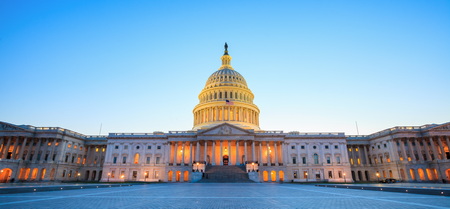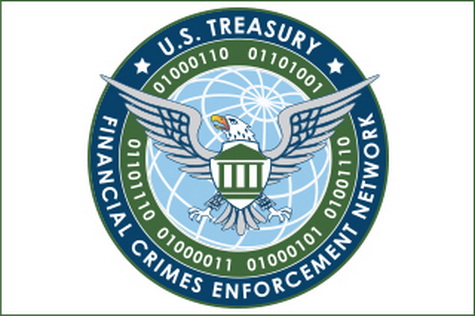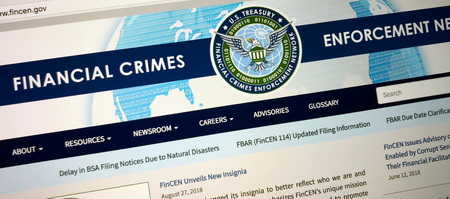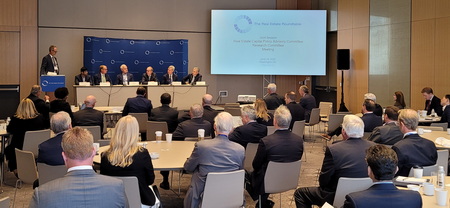
A stopgap funding bill that will keep the government open through mid-December passed the Senate yesterday, the House today, and is expected to receive President Biden’s signature tonight. (Bill text and summary)
CR Buys Time
Lame Duck Awaits

Next on The Roundtable’s calendar is the Real Estate Capital Policy Advisory Committee (RECPAC) meeting on Nov. 2 in New York City.
# # #

The Treasury Department issued a final rule yesterday that will require millions of companies to report information about their “beneficial owners”—persons who own at least 25% of a company or exert significant authority over it—to the Financial Crimes Enforcement Network (FinCEN). (Final Rule | Fact Sheet | Wall Street Journal and Bloomberg Law, Sept. 29)
Who Reports?
Data Required

Roundtable Concerns

The Roundtable’s Real Estate Capital Policy Advisory Committee (RECPAC) will continue to work with industry partners to address the implications of FinCEN’s 330-page rule and the impact it could have on capital formation and the commercial real estate industry. RECPAC meets on Nov. 2 in New York City.
# # #

Incentives in the Inflation Reduction Act (IRA) will accelerate private sector investment in clean energy technologies, according to remarks this week from Treasury Secretary Janet Yellen, above. (Yellen’s remarks, Sept. 27)
Industry Education on the IRA

The Treasury Department is expected to issue multiple regulations and guidance documents in the coming months to implement the new law. The Roundtable plans to submit comments as the new rules are proposed to help accelerate industry investments in tackling the climate crisis.
# # #